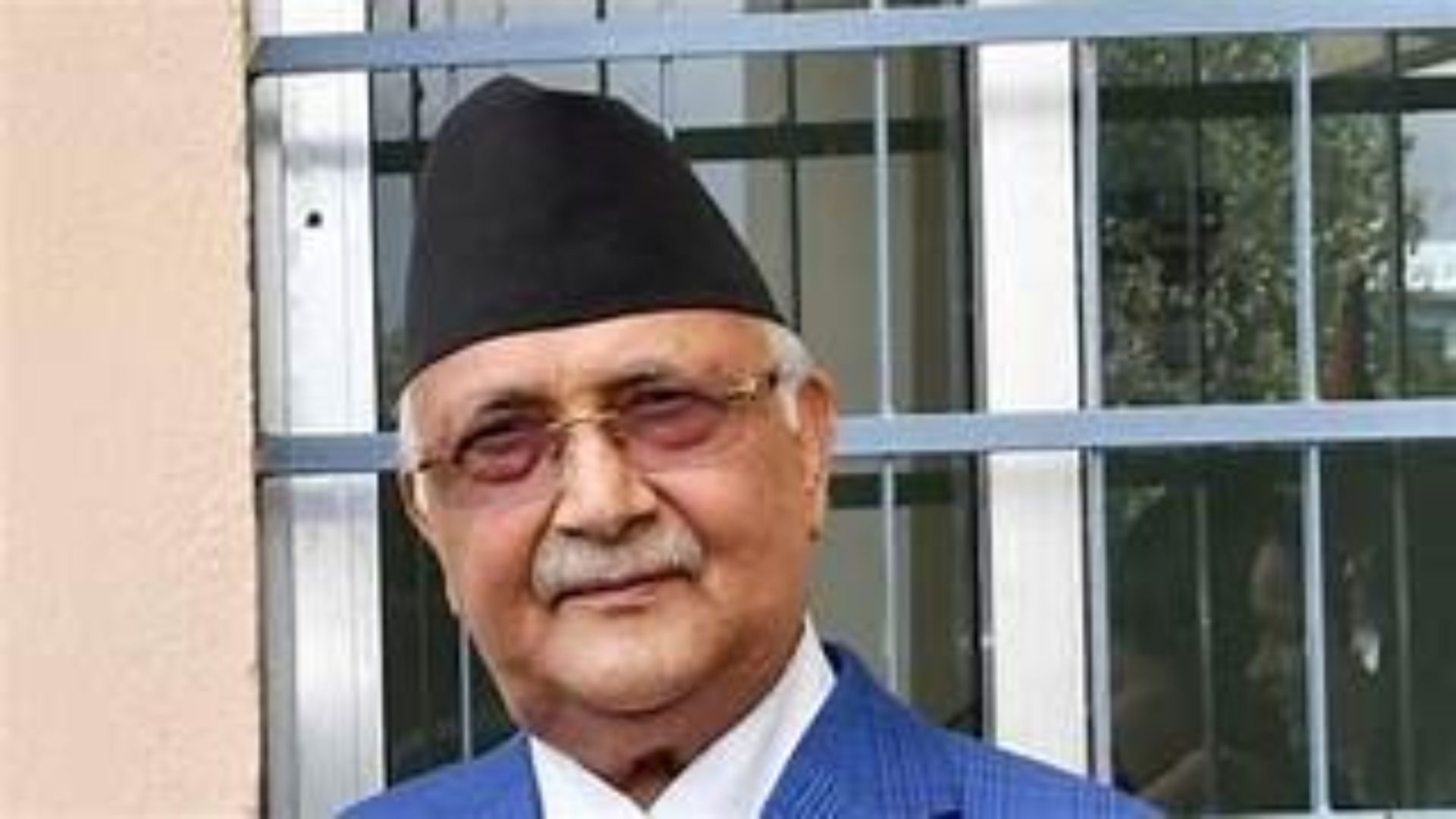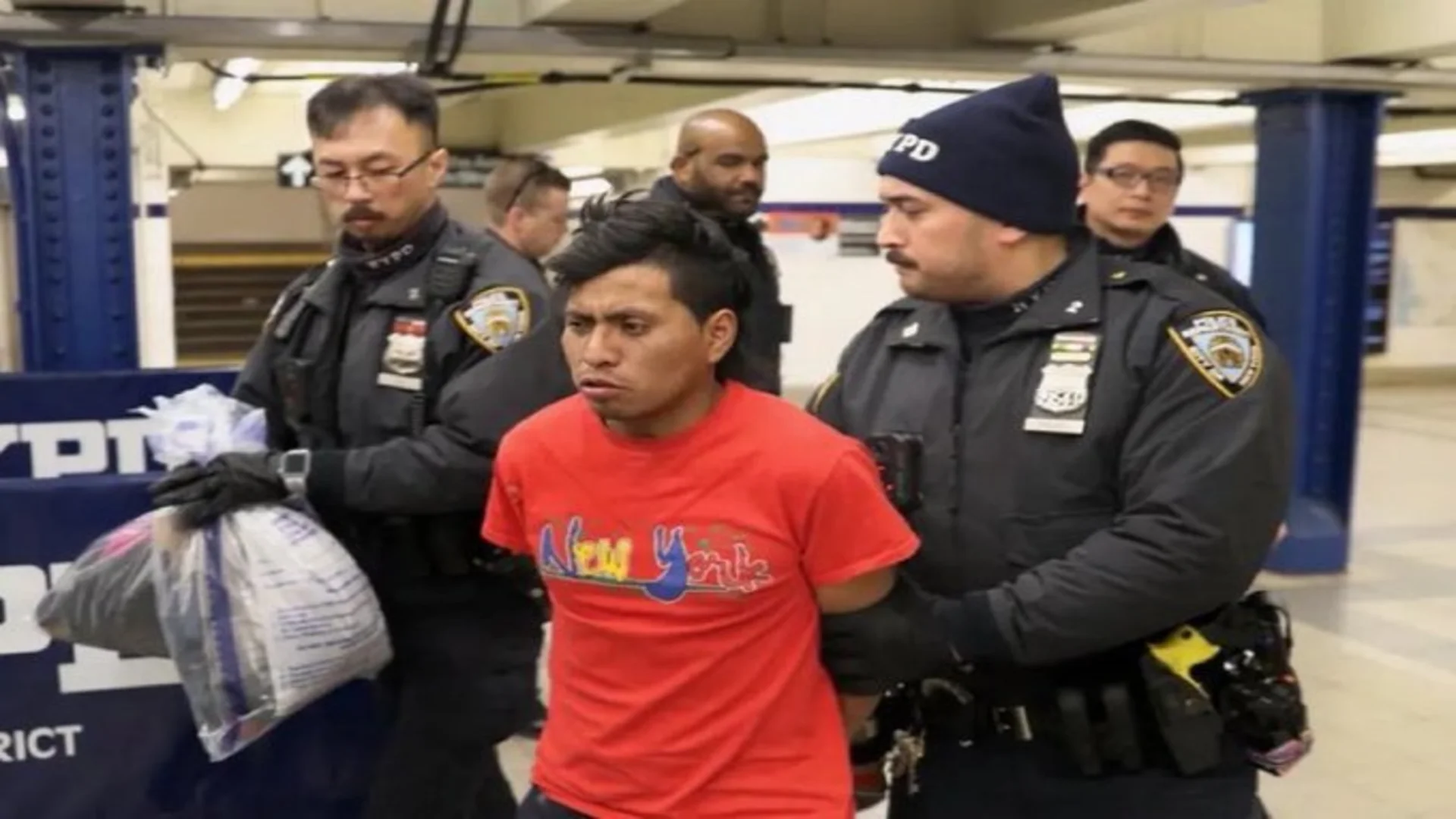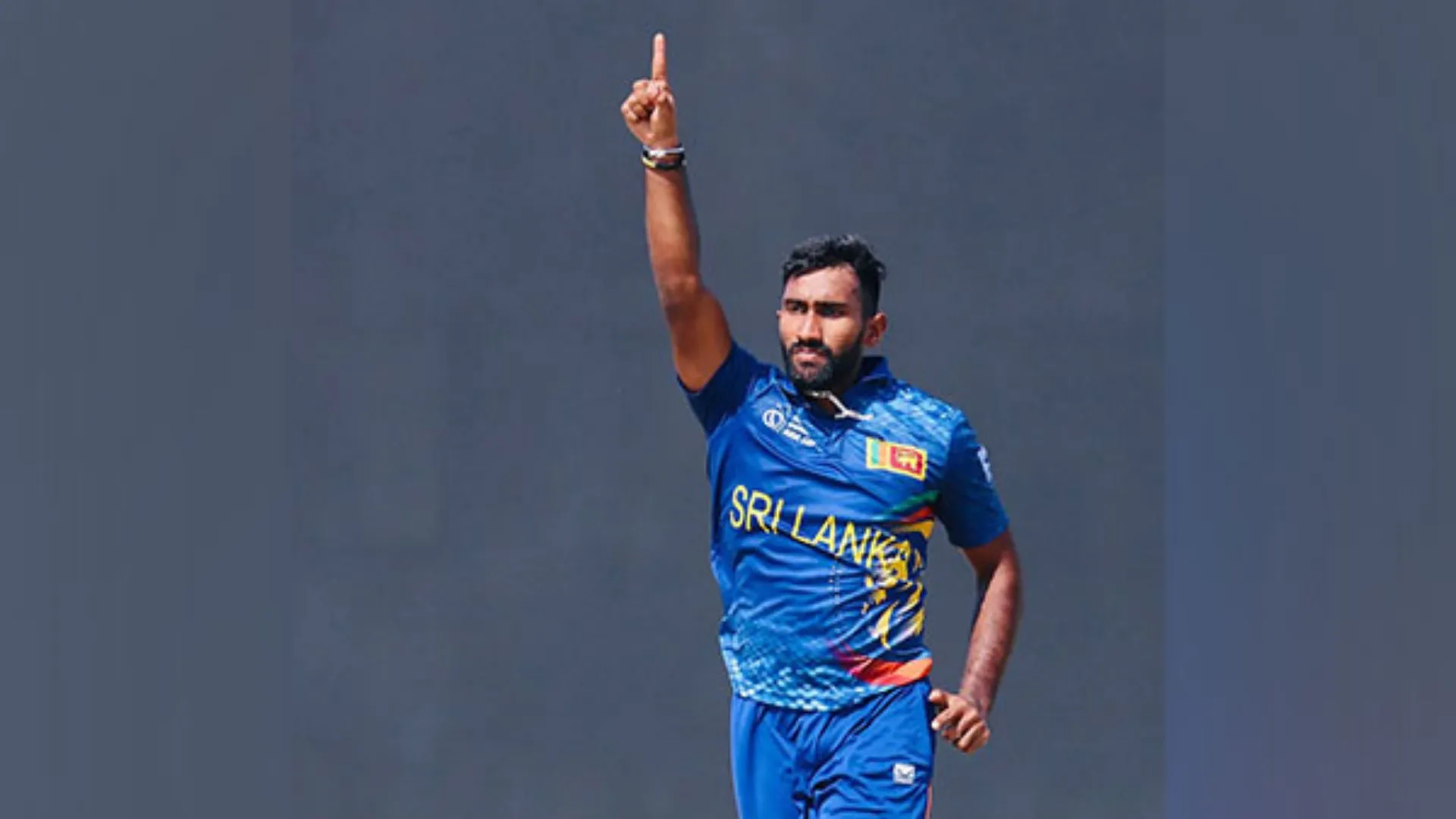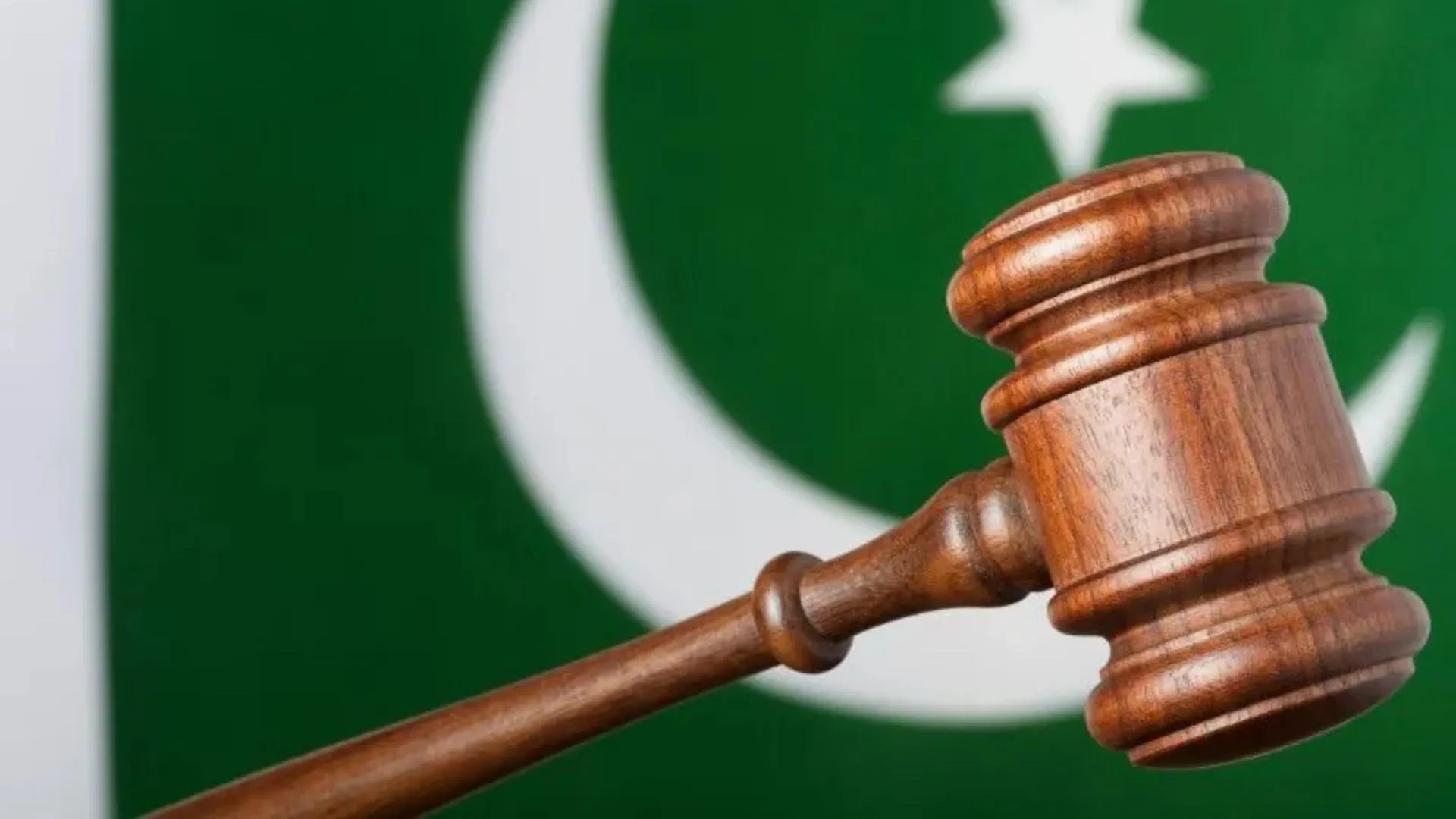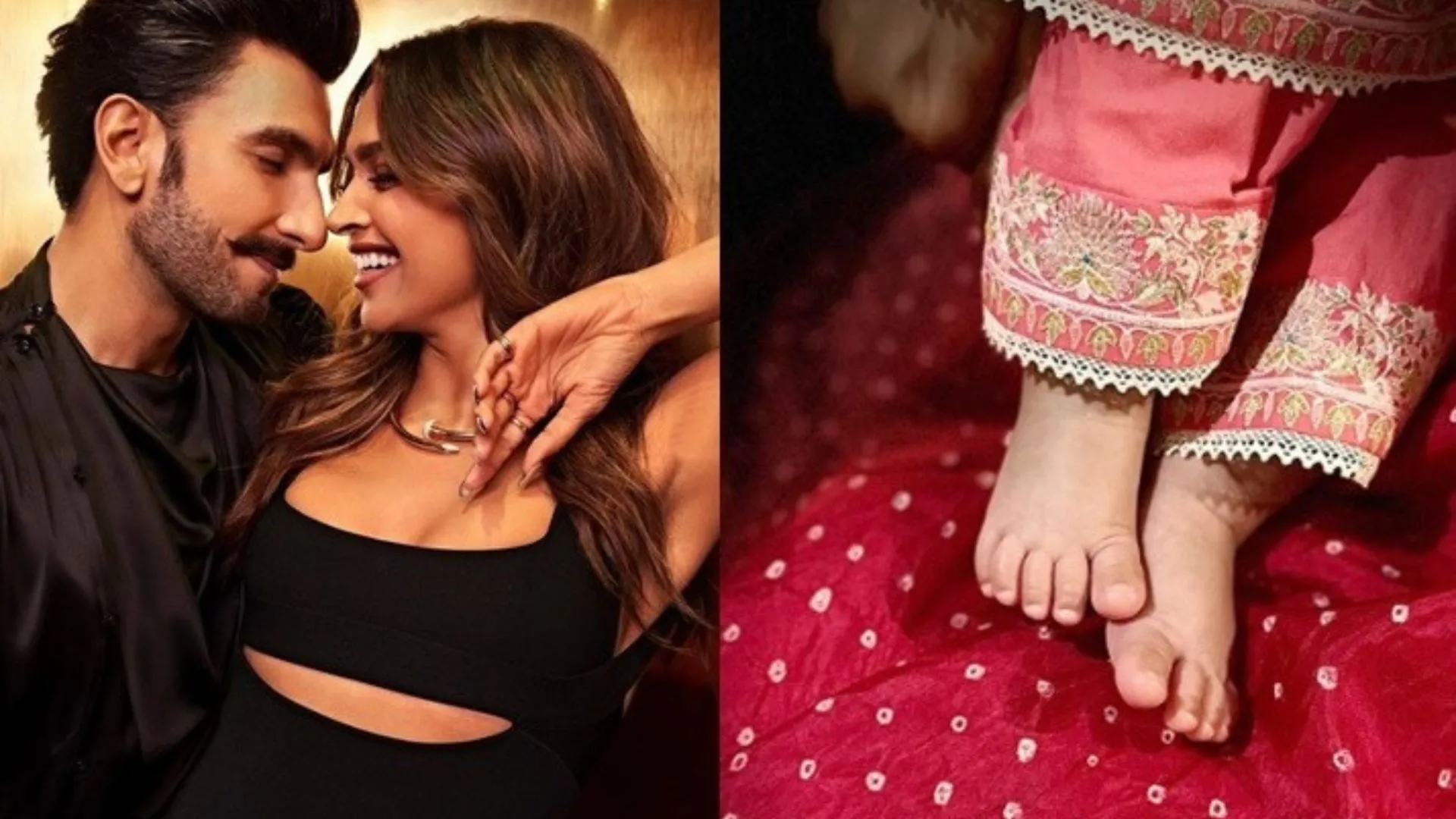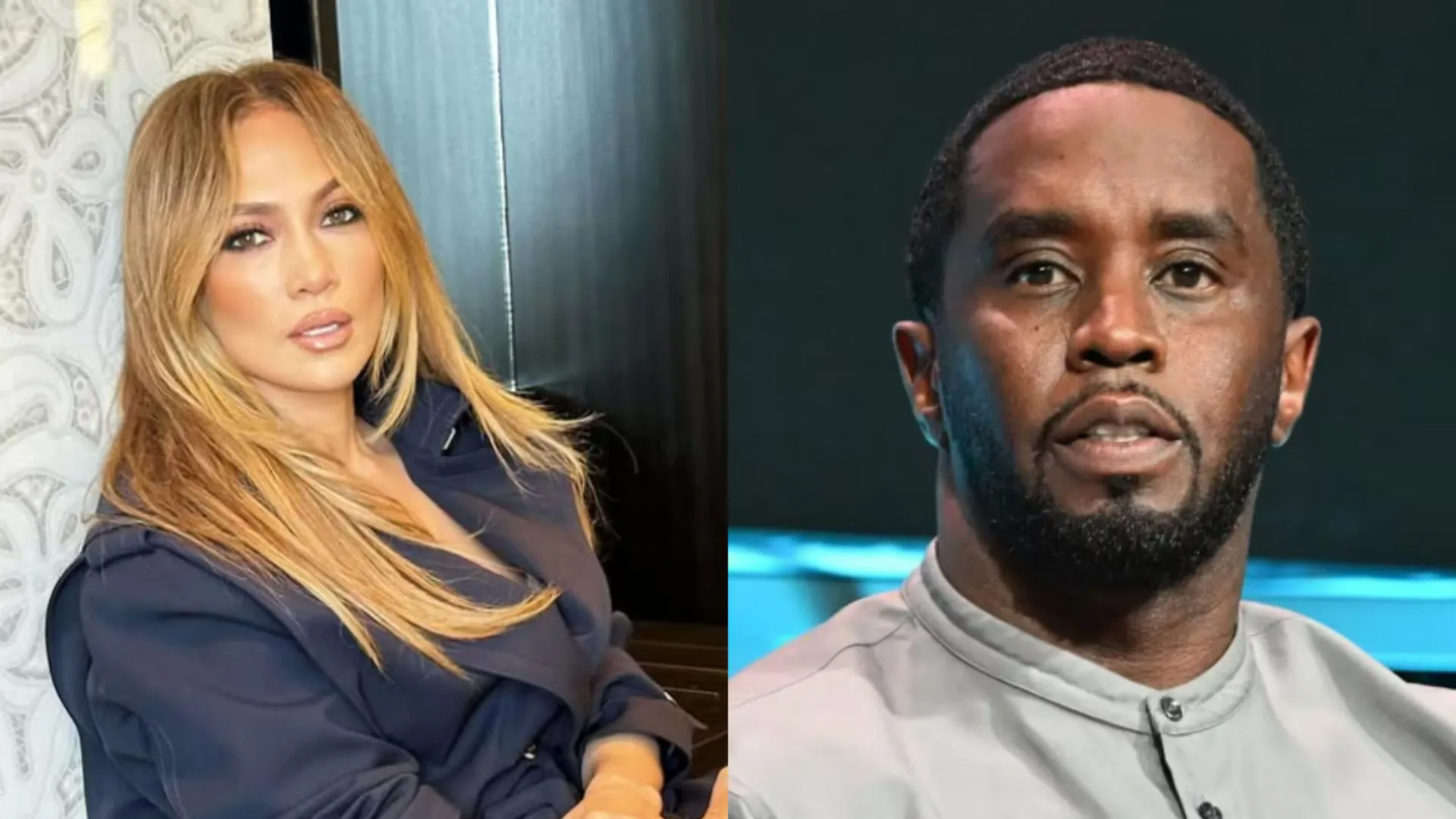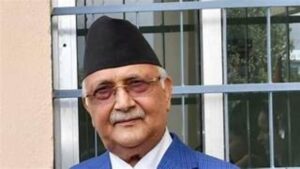Khadga Prasad Sharma Oli is poised to become Nepal’s prime minister again after the current Prime Minister, Pushpa Kamal Dahal ‘Prachanda,’ failed to secure a trust vote in Parliament on Friday. Prachanda had survived four previous trust votes amid ongoing political instability in the country.
On Friday, KP Oli, chairman of the Communist Party of Nepal-Unified Marxist Leninist (CPN-UML), claimed the formation of a new majority government. He presented his case to President Ramchandra Paudel, supported by 165 lawmakers, including 77 from his party and 88 from the Nepali Congress.
Prachanda, 69, lost his position more than 18 months after his appointment, failing to secure a vote of confidence during a floor test in the House of Representatives.
Who is KP Sharma Oli?
- Early Life and Political Beginnings: Born in 1952, KP Sharma Oli began his political career in 1966, joining the Communist Party of Nepal (CPN) in 1970. He was first arrested under the Public Offense Act for his involvement in the democracy movement and the push for a republican state.
- Imprisonment: In 1973, he was arrested on various charges, including involvement in subversive activities, and imprisoned for 14 years, with 4 years in solitary confinement.
- Party Formation and Leadership: While imprisoned in 1976, the Communist Party of Nepal (Marxist-Leninist) or CPN (ML) was formed, and his comrades regarded him as a founding leader. He was released from prison in 1987 and served as a Central Committee member of the then CPN (M-L).
- Youth Federation Leadership: In 1990, he became the founding president of the Democratic National Youth Federation, Nepal (DNYF), a youth wing of the party.
- Parliamentary Career: In 1991, the CPN (UML) was founded by merging the CPN (ML) and CPN (M), and he became a founding central leader of the UML. He was elected as a member of the House of Representatives from Jhapa-6 in 1991.
- Government Positions: He served as deputy prime minister and minister for foreign affairs in the interim government led by prime minister GP Koirala from April 2006 to March 2007.
- Party Roles: Although he lost the Election of Constituent Assembly in April 2008, he served as Chief of the Central Department of Party School from 2008 to 2009. In February 2009, his proposal for multiple positions in the central committee was accepted at the party’s 8th National Congress. He contested for the chairman position but lost to JN Khanal and was later elected as a Standing Committee Member and reassigned as chief of the central department of international affairs.
- Prime Ministerial Tenure: In 2018, President Bidhya Devi Bhandari administered his oath of office and secrecy as the 41st Prime Minister of Nepal. His tenure was marked by ambitious promises like “Samriddha Nepal, Sukhi Nepali,” but faced criticism for unmet expectations and centralization of power, including bringing investigative agencies under the Prime Minister’s Office.
- Political Landscape Post-2022 Elections: After the 2022 elections, the NC emerged as the largest party, followed by the CPN-UML, with the Maoist Centre in third. The CPN-Maoist Center’s Chairperson Pushpa Kamal Dahal claimed the prime ministerial post, but the NC, holding the majority, refused. Dahal then sought support from the CPN-UML and the Rastriya Swatantra Party (RSP) to strengthen his candidacy and was appointed Prime Minister, positioning him as a kingmaker.
The coalition eventually dissolved, positioning KP Sharma Oli to take over from Prachanda. This marks a new chapter in the politically unstable Himalayan nation, which has seen 13 different governments since abolishing the monarchy and becoming a republic in 2008.

